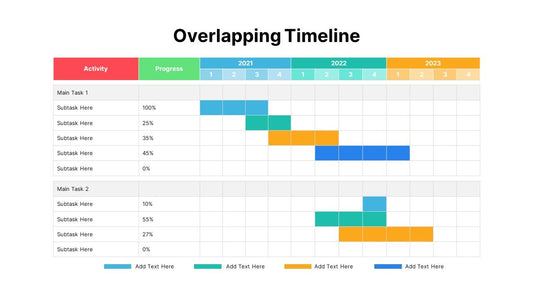
What Startups Can Learn from the Soham Parekh Moonlighting Scandal
Share
🪙 Intro: When Remote Work Breaks Trust
The tech world is buzzing—and not for the right reasons. Soham Parekh, a now-controversial software engineer, reportedly held multiple jobs simultaneously across startups, sometimes even faking job exits while still drawing salaries. His LinkedIn and email manipulation shocked founders who trusted him.
This case has sparked a serious debate on moonlighting in India, the fragility of startup hiring models, and how trust in the digital workplace is at risk.
⚠️ What Exactly Happened? A Quick Breakdown
-
Soham Parekh, an ex-employee of Juno, reportedly worked at multiple companies at the same time, without disclosing any conflict of interest.
-
He allegedly manipulated email systems and LinkedIn timelines to appear fully dedicated to each company.
-
Some founders claimed he faked resignations while secretly still working for their firm.
-
Over 8+ companies may have been involved across months, all unknowingly paying him.

🔍 Key Lessons for Startups & Founders
✅ 1. Strengthen Background Checks
Cross-verify LinkedIn, references, and email domain switches. Don't just rely on resumes or glowing testimonials.
✅ 2. Contracts Must Cover Moonlighting Clauses
Clearly define policies on side gigs, multiple jobs, or consulting roles. Enforce it with legal weight.
✅ 3. Use Centralized Work Logs & Performance Metrics
Time-tracking, project deliverables, and performance KPIs are essential for remote monitoring. Trust, but verify.
✅ 4. Build Culture + Compliance
Make sure your remote team feels connected, not just contracted. When people feel invisible, rules are easier to break.
✅ 5. Encourage Whistleblower Systems
Let internal team members safely raise flags without fear of retaliation.
📉 The Flip Side: For Freelancers & Job Seekers
-
Avoid Overbooking Yourself: Even as a freelancer, transparency with clients about your availability is crucial.
-
Declare Side Projects: If your contract restricts other work, don’t risk your reputation.
-
Trust = Currency: Once lost, rebuilding your credibility in the startup ecosystem is nearly impossible.
📢 Community Reactions: LinkedIn on Fire
The Soham Parekh case has gone viral, with startup founders, engineers, and HR professionals debating ethics, employer negligence, and remote work loopholes. Some blame startups for poor HR control, others blame a new breed of opportunistic job fraud.
This is not just about one person—it’s about how the work-from-home era may need a new code of conduct.
❓Key Questions Covered in This Blog:
-
Who is Soham Parekh and what did he do?
-
What is moonlighting and is it legal in India?
-
How can startups prevent employee fraud in remote hiring?
-
What clauses should be included in employment contracts now?
-
How should job seekers stay ethical and compliant?
📸 Suggested Photos for This Blog Post:
-
Screenshot of viral LinkedIn posts reacting to the case
-
A visual timeline of Soham’s job overlaps
-
Illustration of a broken trust handshake
-
Remote work desk image with multiple monitors/logins
🏁 Outro: New Rules for a New Era
The Soham Parekh scandal is a lesson—not just in deceit—but in what happens when tech trust meets loopholes. As a startup, freelancer, or hiring team, it's time to revisit your policies, platforms, and people practices.
At Jain’s Home Store, we’ve always believed in transparent, ethical, and growth-minded collaboration—whether it's building retail, tech, or brand trust. Let’s build a better ecosystem together.
Explore our curated products that represent India’s honest, hardworking spirit at www.jainshomestore.com




